We saw the faint outlines of a new Super Eagles team last Saturday in Tanzania. It was Sunday Oliseh’s first taste of the fiery world of coaching Nigeria’s national team.What a disappointment it turned out to be for Nigerians – too much hype, no goals, no creative and constructive play, only one truly outstanding player (the Nigerian goalkeeper) and no clear chances created or converted in 90 minutes of a drab match. It was a match that attracted an apology by the new coach to Nigerians for the poor performance of the team even though it was obvious that coaching was not the problem with the team. The Nigerian team simply comprised average players that were clueless and could not find their feet. Sunday Oliseh is learning very fast how to be a Nigerian again. He joined the bandwagon ofNigerian coaches who have learnt to assuage critics, whenever their teams lose, with a public apology. To apologise and take responsibility, in my opinion, is to concede that coaching is the problem with the team when obviously it is not. Aside from everything else, I think Nigerians’ expectations were unrealistically high considering the circumstances surrounding the match. Strong teams are not built in a hurry through assembling new players for one week by a coach who is new himself. The Nigerian team was too inexperienced to go to the high altitude of Tanzania and expect to defeat the Taifa Stars on their home ground. That was a tall order. Unfortunately, the Super Eagles failed to impress even themselves with a pedestrian performance that left everyone watching in need of a cup of coffee to stay awake. The problem obviously was not about the coaching but the lack of quality players that could play away from home and create an upset. Nigeria has only just embarked on the process of re-building its national team from the carcass of the one left by Stephen Keshi. It would take some time, managing some more poor results with plenty of hard work to get there. Oliseh rightly says he needs more time to discover the right players and to coach them to develop a distinctive culture of football reminiscent of the national teams of the 1980s and 1990s of which Oliseh himself was an active part. This culture emphasizes playing to the natural strength of Nigerian players, exploiting their physique, athleticism and speedas they power down the flanks in ceaseless attacks. Oliseh is right – he needs plenty of time, a luxury he would not get from Nigerians, of course! So what does he do now? To start with, Nigerians should not judge him too soon as the present state of domestic Nigerian football has not helped the quick and mass production of players of exceptional quality that Oliseh is looking for. Even where a few good players come through the system, the process of honing their talent to the next level is stunted by their failure to go to the right clubs abroad, an absolute essential for making the transition from raw talent to quality finished product. Domestic Nigerian football on its own still does not have the caliber of coaches, the quality of venues (particularly for training) and the mental attitude needed to make such transformation possible. So, we can easily conclude that until and unless a talented Nigerian footballer goes abroad and passes through the crucible of psychological and technical development, he is unlikely to become a finished product of the quality that can fulfill Oliseh’s dream of a new and truly exceptional Super Eagles flying on both wings. Oliseh also went through this same process. So did all the other greats of his generation and after – Rashidi, Okocha, Kanu, Ikpeba, Babangida, Mikel, etc. So, Oliseh is combing the whole of Europe and even some parts of Asia in search of quality players that must have escaped the dragnet of previous scouting. There is another dangerous angle to this matter that requires careful examination. To halt the practice where players just migrate cheaply to any clubs abroad and waste away in obscurity, Oliseh might have to do what his coach in the Super Eagles, Clemens Westerhof, did to guarantee success – get involved in shepherding the best discovered local players to strategic countries and the right clubs abroad that will ensure and accelerate their development and maturity. Westerhof actually assisted several Nigerian players to play for clubs in Belgium and Holland at the risk of been tagged a merchant of Nigerian players! It is a catch-22 situation. Failure to be involved in this seemingly ‘ugly’ practice is tantamount to watching good raw materials sold into the ‘slavery’ of mushroom clubs in obscure corners of the world where they slowly and steadily waste away. In this matter I have no advise for Oliseh. He should just follow his instinct and determine what’s best for him and for Nigeria. So, Oliseh’s baptism last Saturday clearly shows the high hurdles over which he has to scale to survive in Nigeria. The Super Eagles did not play well against Tanzania, but they did enough to save the country the embarrassment of losing to a country considered not at Nigeria’s level in football. Since then Nigeria has played a friendly match against the Niger national team. That is the way to go - more friendly matches against weaker opposition to boost the confidence of the new players and provide platforms that would allow them to play and slowly evolve into a new and solid team. What can Oliseh do now? Oliseh must put on his thinking cap very quickly. Nigerians have no patience with unfavourable results. He must be clever in managing the best players available now for the next year before the more difficult and critical World Cup preliminary matches begin. He will survive the AFCON qualifiers. It would be foolhardy for him to embark on starting a completely new team now. The players are just not available. So he must still make use of some older players with the experience and attitude that will provide the stability the team needs now. Nigeria’s midfield holds the key to the immediate future of the Super Eagles. My humble advise on the team? I think Mikel still has a few more years of service he could render the Eagles. The only proviso are that he must relinquish his captaincy and be ready to play strictly as a defensive midfield player, never venturing upfront for anything, providing additional cover for the shaky central defense Nigeria has been parading for some time now, and keep floating those immaculate passes of his to running forwards on both wings. No more, no less. Onazi is still critically needed in the midfield with his endless running, tackling and shooting from a distance. His temperament must be kept in check. Joel Obi, when healthy and fit, has the experience and skills from the Italian league to play as the creative attacking midfielder in the Super Eagles. Victor Moses is still definitely needed in Nigeria’s line-up. His dribbling skills, acceleration and inventiveness for now are still unmatched. His presence in the team will help boost the confidence of the new comers and make them want to also freely express their individualism, a trait on which successful Nigerian players thrive. Add to these tested warriors some of the emerging talents from the junior teams, and a new team would start to emerge. I am still not so sure what to make of Iheanacho’s ability, but Awoniyi is surely ready for a place in the front line of the Super Eagles. There must be a few others that will be discovered through the series of friendly matches against easy oppositions that are now been arranged at regular intervals for the purpose of testing new players and building the confidence of those discovered. As he celebrates his baptism into the world of coaching the Super Eagles I do not envy Sunday Oliseh with the onerous task ahead. But I trust he will wade through the storms, the challenges as well as the landmines that lie menacingly in his path.
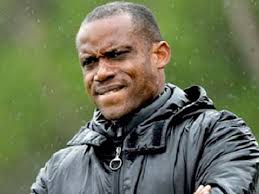
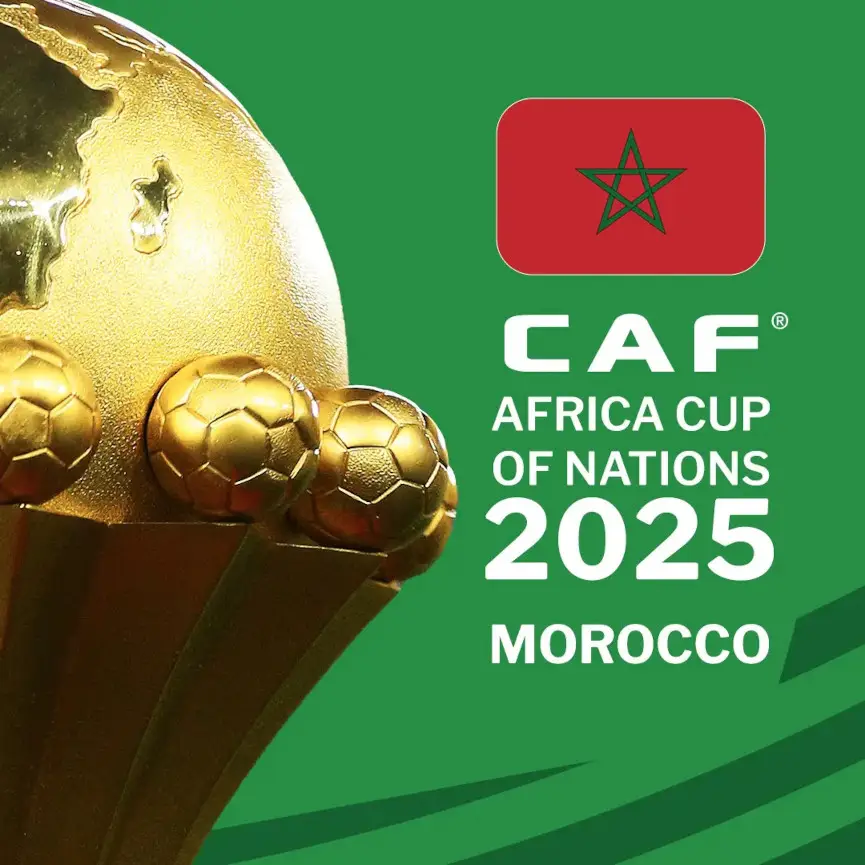
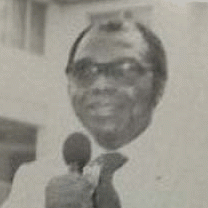
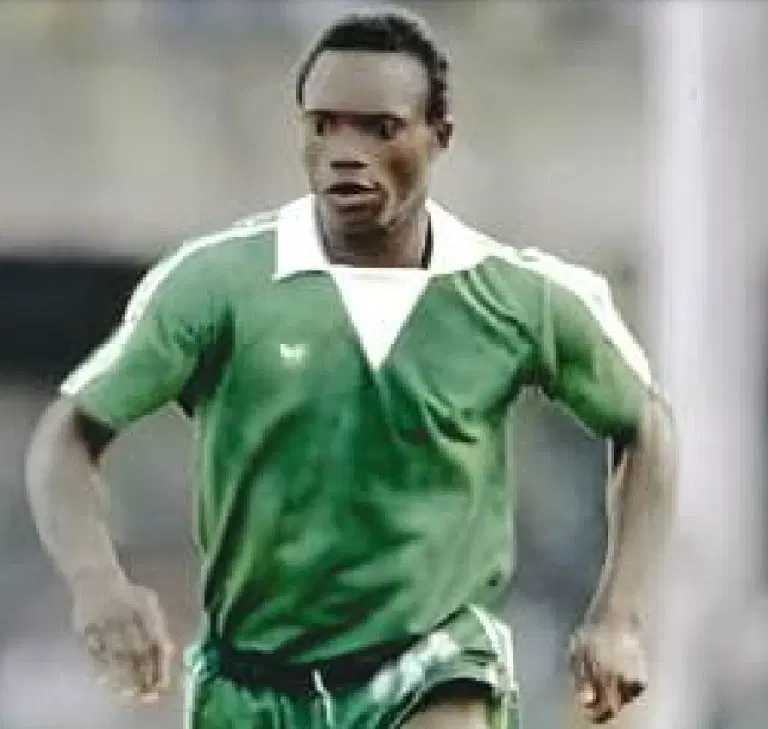
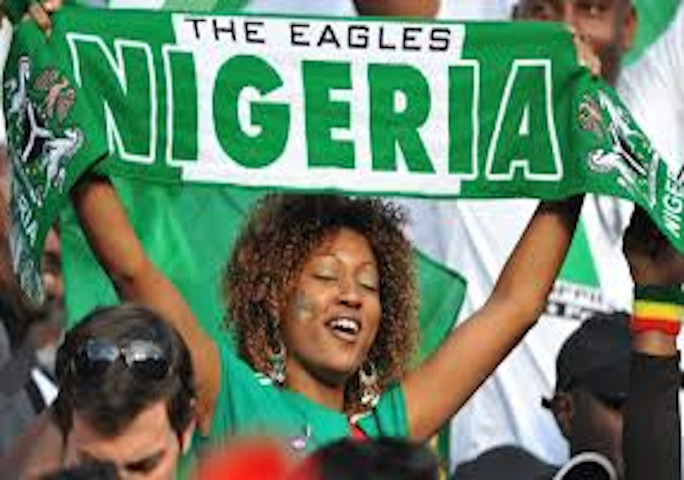
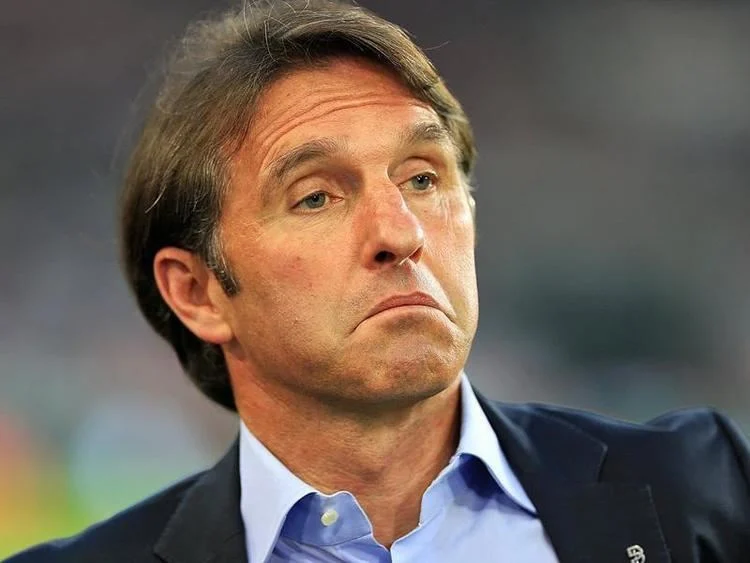



Latest Comments